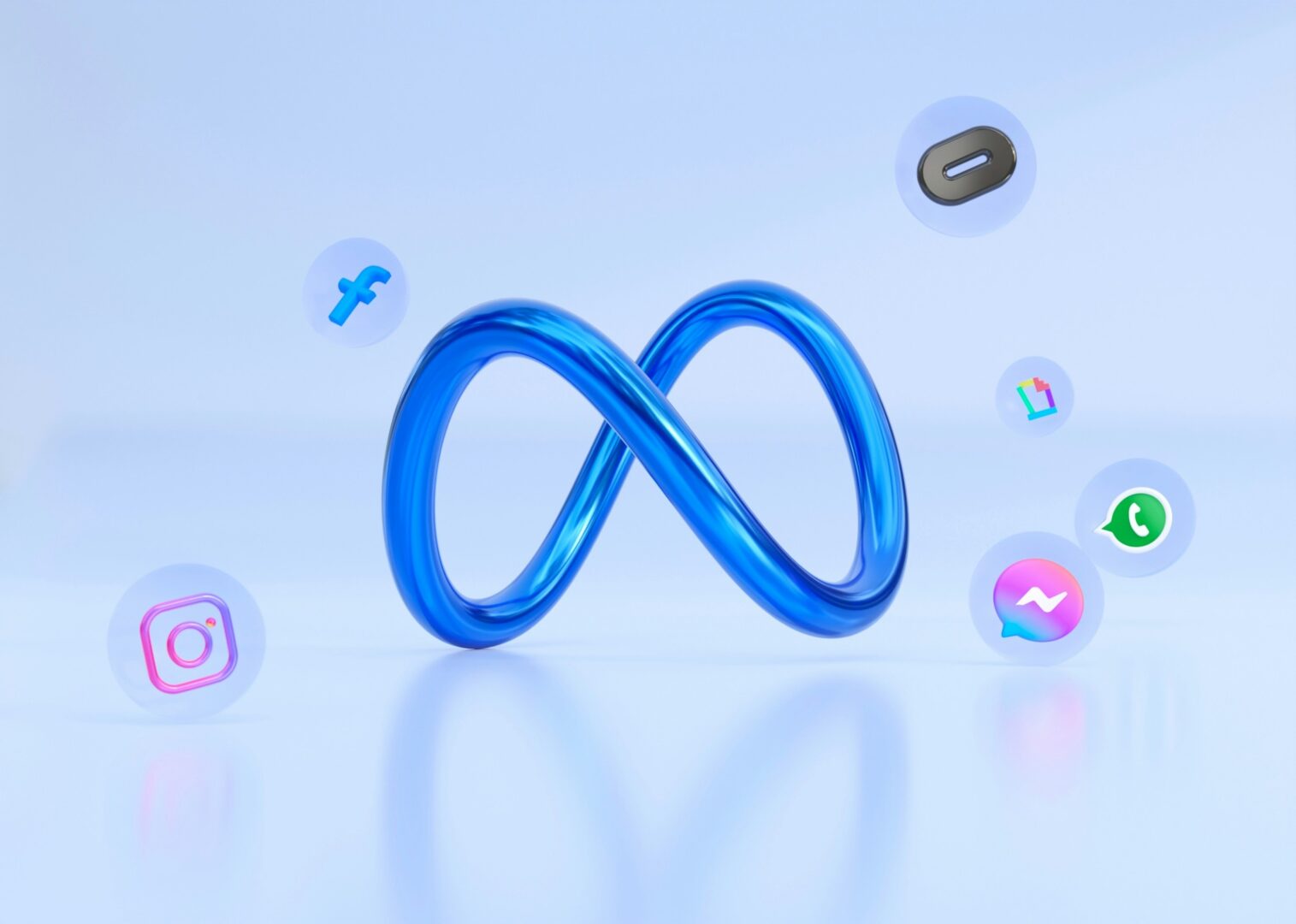Meta’s Mark Zuckerberg faced questioning in a US antitrust hearing regarding the company’s purchases of Instagram and WhatsApp. The Federal Trade Commission accuses Meta of blocking competition by absorbing smaller rivals. Instagram and WhatsApp have ballooned into giant social platforms since their acquisitions over a decade ago.
FTC attorney Daniel Matheson contends that Meta built barricades to protect its profits. He referred to Zuckerberg’s past statement that it is “better to buy than compete” as proof the deals were motivated by a desire to eliminate rising threats. Zuckerberg, meanwhile, insists that Meta improved both apps instead of limiting their growth.
Mark Hansen, speaking for Meta, said the lawsuit misreads the facts. He told the judge that Instagram and WhatsApp thrived under Meta’s umbrella. He also noted that platforms such as TikTok, YouTube, and X exist, showing there is no iron grip on social media.
What Do Regulators Want To Prove?
The FTC intends to demonstrate that Meta’s acquisitions closed off fair rivalry in social networking. Lawyers claim Facebook’s team viewed Instagram and WhatsApp as direct threats that had to be contained. Court files include emails in which Zuckerberg expressed worries about losing ground to rising competitors.
Instagram’s initial price tag was $1 billion, though it dipped to $750 million following changes in Facebook’s stock. That deal was unusual because Facebook generally folded smaller apps instead of keeping them alive. WhatsApp came next in a $22 billion transaction two years later.
Both Instagram and WhatsApp played an important part in shifting Facebook’s direction from desktops to mobile, appealing to younger demographics. The FTC maintains that Meta knowingly prevented new players from growing into influential rivals, thus entrenching its position for years.
Hansen counters that the FTC overlooks alternatives like TikTok and Apple’s iMessage, calling them evidence of an active marketplace. He maintains that Meta’s actions simply strengthened promising services rather than crushing any true threat.
More from News
- UK Non-Dom Laws Have Changed In 2025, But How Much?
- NASA And Google Test AI To Help Astronauts With Medical Care
- Is The Legal Battle Between Apple And The UK Over Encryption Really Over?
- Topshop Back In UK? These Are Some Brands That Disappeared And Came Back?
- Zoom Launches New AI Features, Including Agentic AI
- UK Appoints Former OpenAI Exec As Prime Minister’s AI Adviser
- Reports Find Commercial UK Data Centres Use Minimal Water
- 84% AI Web Tools Show Breaches And Encryption Gaps, Says BDI
How Has Meta Responded In Court?
Hansen insists that user satisfaction drives Meta’s decisions, since unhappy participants can quickly flee to other services. In his view, the company must keep standards high at all times. Zuckerberg also testified that Meta boosted Instagram’s budget and staffing, rather than letting it languish.
According to internal documents, WhatsApp received notable upgrades that turned it into a leading messaging platform worldwide. Zuckerberg says these changes would have taken longer if WhatsApp had stayed on its own. The FTC counters that Meta’s spending does not erase the alleged harm to competition.
Meta’s lawyers say the FTC is punishing a firm for deals that were approved in the past. They argue that reversing these acquisitions undermines trust in regulatory reviews and sends a worrying signal to businesses eyeing partnerships.
Could Meta Lose Instagram And WhatsApp?
If the court sides with the FTC, Judge James Boasberg might order Meta to divest Instagram and WhatsApp. Matheson believes that standalone versions of these apps could foster a renewed competitive arena. Meta objects, saying that removing them would harm millions of users who benefit from linked features.
A Meta statement rejects the claim of monopoly power. Attorneys refer to multiple rivals, like TikTok and Snapchat, as proof that no single entity dominates social media. They also say Apple’s iMessage siphons off plenty of potential users.
Meta mentioned that undoing deals once allowed by regulators casts doubt on the entire tech sector. Hansen holds that it would discourage innovation, especially for startups hoping to secure backing or partnerships.
The same antitrust has placed Google and Amazon under legal scrutiny. Each outcome may reshape how authorities handle tech mergers, possibly influencing decisions across Silicon Valley.

